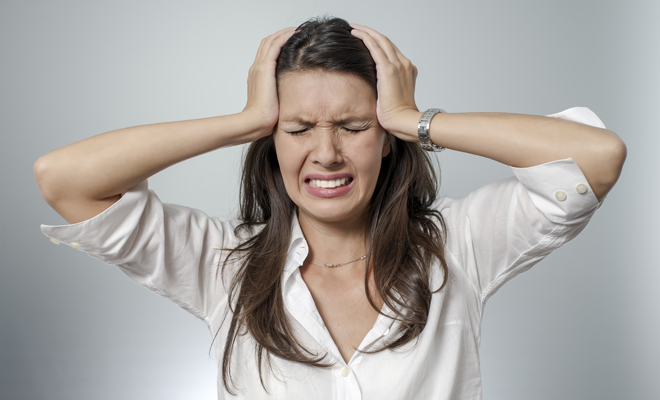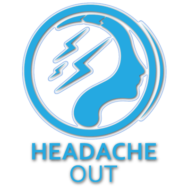Headache is one of the most common and widespread ailments among the population. Depending on the tension of the pain, it can be classified as a mild tension headache or a migraine. In the first case, the pain is located in the forehead or in both temples and, only on certain occasions, in the nape and neck. In the case of migraines, the pain is usually gradual, it only affects one side of the head and may be accompanied by other symptoms such as vomiting or nausea. This difference between headache and migraine is the key to answering why some people support headaches better than others.

Headache or migraine
There are people who can cope with their day to day with a headache, but there are also those who have to stop everything they are doing and go home, lie down in bed, go into a dark room and drink something that alleviates that pain. It is not a matter of some people supporting a headache better (another thing is the pain threshold that each one has), but it may be that some suffer a slight tension headache, while others are suffering from a migraine.
When the headache is severe and is accompanied by other symptoms such as vomiting, difficulty in vision or a stiff neck, it is important to see a doctor immediately to evaluate the situation, since it could be an episode of meningitis. Also in the event that the headache occurs as a result of a fall or a blow suffered in this part of the body.
Also depending on whether it is a headache or a migraine, the treatment to follow will be different. While in the first case the pharmacist can help you and advise you some type of medication for the headache. If the symptoms are migraine, it is advisable to see a doctor. This will give you, if he has not already done so, a treatment for the onset of symptoms (paracetamol or ibuprofen) or to reduce the frequency, duration and severity of the crisis.
How to prevent headache
Whether you tend to have a habitual headache or want to prevent its appearance, we give you the following advice:
- Exercise regularly. The ideal is three days a week with a minimum duration of 30 minutes and, if possible, outdoors.
- Eat well. Avoid cured cheeses, alcohol consumption or processed meats, among other foods.
- Correct bad postures at work or even to sleep. How is the pillow where you rest your head?
- Find ways to relax through breathing or practicing activities like yoga or Pilates.
- Avoid tobacco. Do you smoke? It would be advisable to banish this habit forever.
To try to relieve the headache, a grandmother’s advice. Put a hot water bottle on your head/neck to reduce tension. If you prefer, you can also opt for a hot shower before going to bed. You will be able to sleep better, relax, reduce stress and, the next day, you will feel much better.
